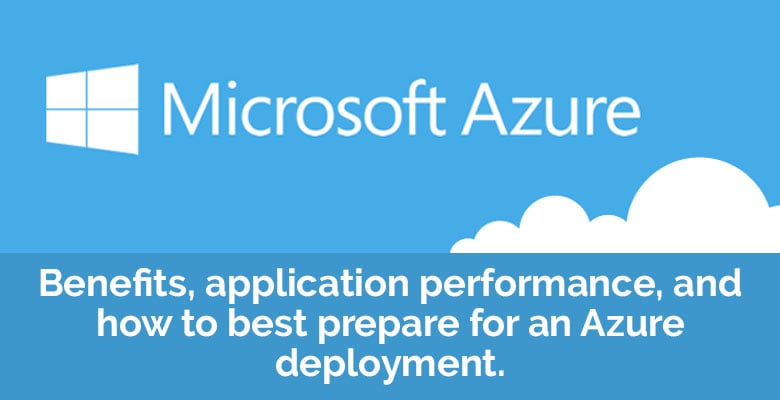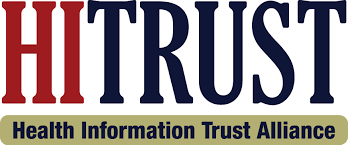With end of extended support for Windows Server 2008/2008 R2 and SQL Server 2008/2008 R2 quickly approaching within the next year, Microsoft has announced a program that will provide an additional 3 years of extended support if these workloads are migrated to Azure. Since this announcement in July, customers have been trying to figure out the most efficient way to migrate these workloads to Azure while preventing any security or compliance issues.
Read MoreOn July 12, 2018, Microsoft announced new options for SQL Server 2008 and Windows Server 2008 end of support. End of support is quickly approaching:
Read More
Firewall capabilities fall short in cloud environments like Microsoft Azure due to the fact that Azure and other major public cloud providers offer limited access to their API’s. This creates a problem for enterprises as they look to security independent software vendors (ISVs) to enhance their security capabilities in the cloud the same way they would in the data center.
Read MoreBecoming a publicly traded company has a profound impact on the way a business operates. The technology that is in place, and how it is deployed, can also come under close scrutiny. That was certainly the case for one of Daymark’s life science clients whose pending IPO put a spotlight on network security and data protection. In this blog, Steve Caprio, Daymark Cloud Consultant, answers some questions on the security journey of this enterprise.
Read MoreIn part one of our blog, Key Considerations for an Azure Deployment, Corey Roberts, Daymark’s Director of Managed and Cloud Services, addressed some of the common questions clients have regarding migrating workloads to Azure. Now he moves on to talk about benefits, application performance, and how to best prepare for an Azure deployment.
Read MoreMicrosoft’s Azure cloud has emerged as a leader in the public cloud market. It provides the agility, scalability, security and cost-efficiency today’s enterprises need. In this 2-part blog, Corey Roberts, Daymark’s Director of Cloud and Managed Services, answers the common questions clients have before, during and after an Azure deployment.
Read MoreWhen organizations are evaluating public cloud platforms, they frequently compare the market leaders: Amazon Web Services (AWS) and Microsoft Azure. There is no shortage of published content comparing the pros and cons of each of these platforms, but I think research by Stack Overflow, an online knowledge sharing community for developers, provides some interesting and unbiased insights.
Read MoreWhen making a decision to move production workloads to the cloud, one of the first things that is considered is cost. However, there are frequently many hidden costs that are not factored into the cloud decision until they appear in the real world. For instance, what is the cost to end users’ productivity if they don’t have the correct access to the application or system that now resides in the cloud? What new burdens are placed on the IT team if end users, now managing identities in two places, constantly require assistance to access their work? What costs are associated with securely authenticating end users to the workload?
Read MoreOrganizations of all sizes are looking for ways to take advantage of the many benefits the cloud has to offer. As they begin to evaluate cloud options, they want to see how and where the cloud can fit into their business model securely and cost effectively. To address the most common concerns of moving to the cloud, security and cost, Daymark has a program that allows a business to visualize their workloads in the cloud, enabling them to see exactly how their concerns will be addressed.
Read MoreHealthcare providers today are continuing to rely more and more on the efficiencies of the public cloud to store, send, and manage sensitive data. But it’s challenging to leverage the benefits of the cloud while managing the increasing complexity of healthcare security, compliance and regulatory demands.
That’s where HITRUST comes in. The HITRUST Certification is the most widely recognized security accreditation in the healthcare industry. HITRUST incorporates healthcare specific security, privacy and regulatory requirements from existing regulations such as HIPAA/HITECH, PCI, ISO 27001 and MARS-E as well as industry best practices. Microsoft has recently announced that Azure is one of the first hyperscale cloud computing platforms to become HITRUST CSF Certified. It’s a valuable addition to Azure, providing a single framework for healthcare organizations to leverage the efficiencies, availability, and scalability that Azure provides.
Read MoreSubscribe to the Daymark Blog
Latest Posts
Browse by Tag
- Cloud (68)
- Security (41)
- Microsoft (37)
- Azure (35)
- Partners (32)
- Data Protection (28)
- Data Center (26)
- Backup (24)
- Daymark News (23)
- Compliance (20)
- Data Governance (18)
- Veritas (18)
- Virtualization (18)
- Storage (17)
- CMMC (13)
- Cloud Backup (13)
- Disaster Recovery (13)
- Managed Services (13)
- Cybersecurity (12)
- Government Cloud (10)
- Featured Gov (9)
- Industry Expertise (9)
- GCC High (7)
- Networking (6)
- AI (5)
- Hybrid Cloud (5)
- NIST SP 800-171 (3)
- Reporting (3)
- Copilot for Microsoft 365 (2)
- GDPR (2)
- Cloud Security (1)
- Mobile (1)
- Reporting-as-a-Service (1)
- Services (1)













